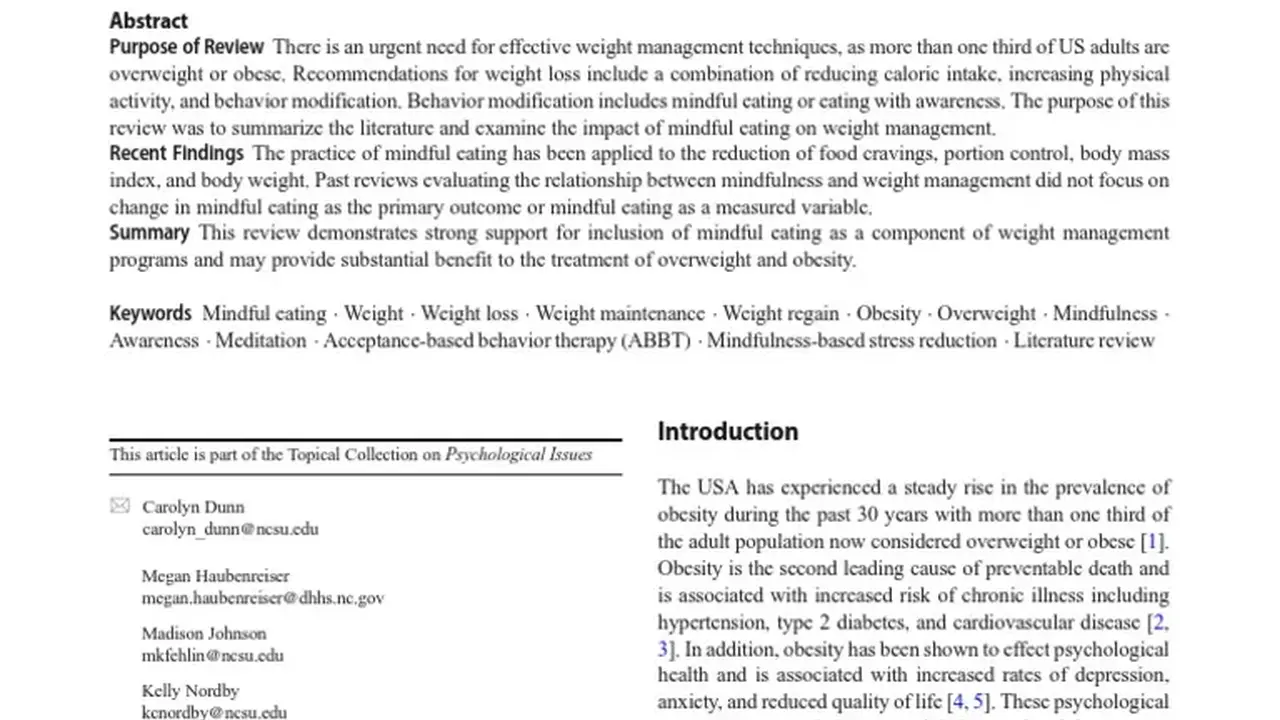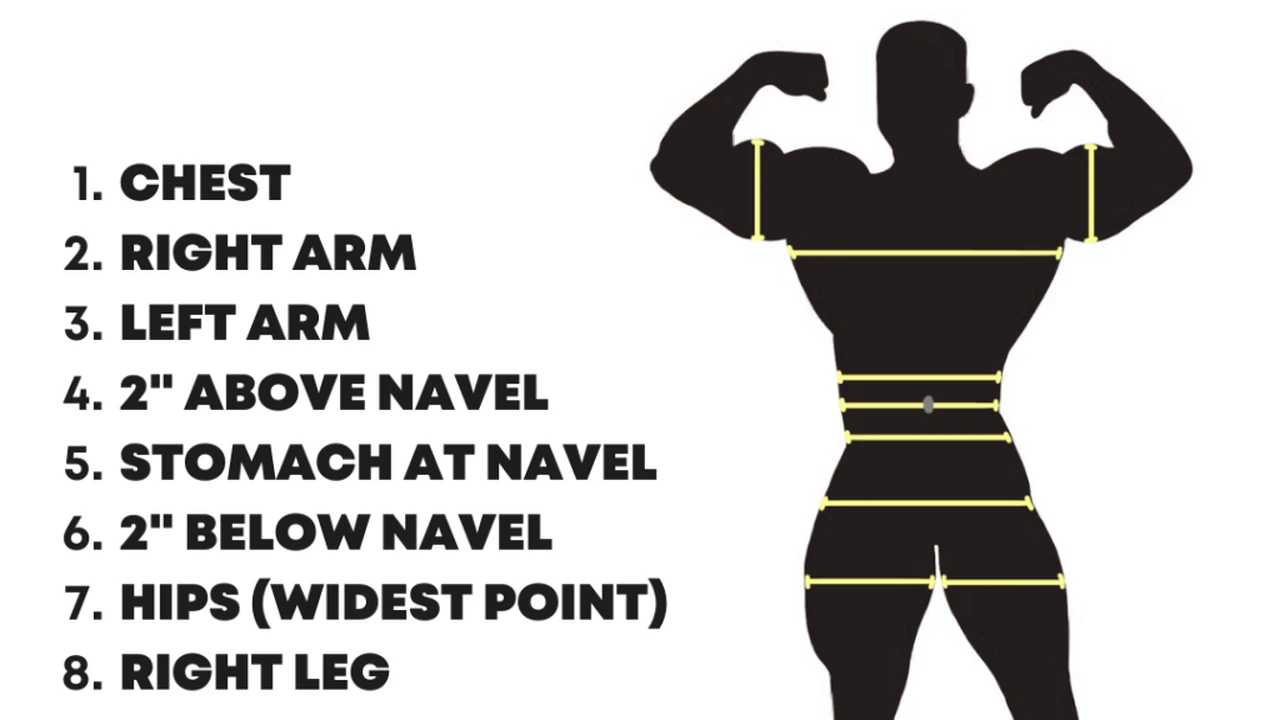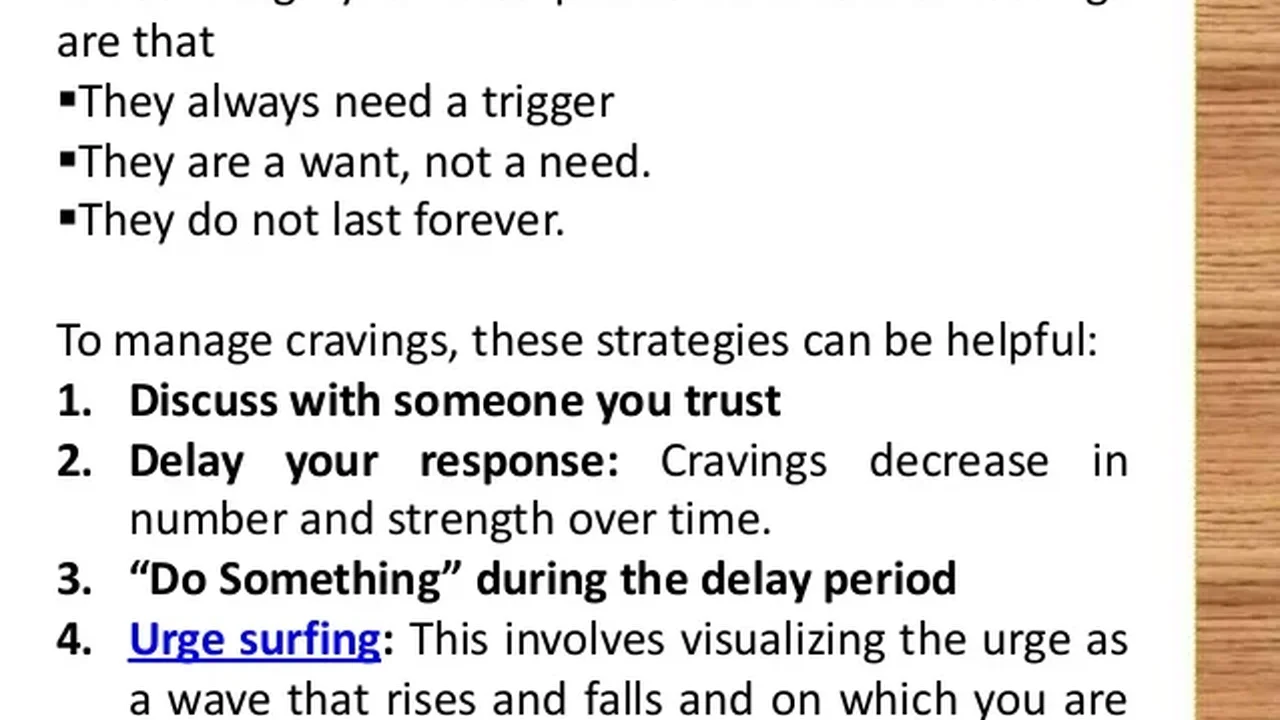5 Ways to Improve Your Sleep Quality: Nightly Routine Tips
Sample meta description.

Understanding the Importance of Sleep Quality Mental Wellness
Okay, let's be real. We all know sleep is important, but how many of us actually prioritize it? Life gets in the way, right? Deadlines, social events, that never-ending Netflix queue... But consistently poor sleep quality can seriously mess with your mental wellness. Think about it: when you're exhausted, you're more irritable, less focused, and your decision-making goes out the window. It's a vicious cycle. Good sleep, on the other hand, can boost your mood, improve your concentration, and even strengthen your immune system. So, let's ditch the excuses and get serious about catching some Zzz's.
Way 1 Create a Relaxing Bedtime Routine for Better Sleep
This isn't just for kids! A consistent bedtime routine signals to your brain that it's time to wind down. Start about an hour before you want to be asleep. This is your "me time" zone. Think calming activities like:
- Taking a warm bath or shower: The drop in body temperature after you get out can actually help you feel sleepy.
- Reading a book: (A real book, not on a screen!) Avoid anything too stimulating or suspenseful. Think lighthearted fiction or even something a little boring.
- Listening to calming music or a podcast: Nature sounds, ambient music, or a relaxing podcast can help you quiet your mind.
- Gentle stretching or yoga: This can release tension and promote relaxation. Just avoid anything too strenuous.
- Journaling: Write down your thoughts and feelings to clear your head before bed.
What to avoid during your bedtime routine:
- Screens: The blue light emitted from phones, tablets, and computers can interfere with melatonin production, making it harder to fall asleep. Try to avoid screens for at least an hour before bed.
- Caffeine and alcohol: These can both disrupt your sleep cycle. Avoid them in the evening.
- Heavy meals: Eating a large meal too close to bedtime can lead to indigestion and discomfort, making it harder to fall asleep.
- Stressful conversations or activities: Now is not the time to argue with your partner or pay bills. Keep things calm and relaxing.
Way 2 Optimize Your Sleep Environment Sleep Hygiene Tips
Your bedroom should be a sanctuary for sleep. Think cool, dark, and quiet. Here are some tips for creating the perfect sleep environment:
- Keep your room cool: The ideal temperature for sleep is around 65 degrees Fahrenheit (18 degrees Celsius).
- Make sure your room is dark: Use blackout curtains or blinds to block out any light. Even a small amount of light can disrupt your sleep.
- Minimize noise: Use earplugs or a white noise machine to block out distracting sounds.
- Invest in a comfortable mattress and pillows: This is an investment in your sleep and your overall well-being. Don't skimp on this!
- Keep your bedroom tidy: A cluttered room can lead to a cluttered mind. Take a few minutes each day to tidy up your bedroom.
Let's talk about specifics. For mattresses, consider these options:
- Memory Foam Mattress: These conform to your body, providing excellent support and pressure relief. They're great for side sleepers and people with back pain. Price range: $500 - $2000. Consider the Tempur-Pedic brand, known for its high-quality memory foam.
- Innerspring Mattress: These are the traditional type of mattress, with coils providing support. They're generally more affordable than memory foam mattresses. Price range: $300 - $1000. Sealy is a popular brand for innerspring mattresses.
- Hybrid Mattress: These combine the best of both worlds, with coils for support and a layer of memory foam or latex for comfort. Price range: $700 - $2500. Saatva is a well-regarded brand in the hybrid mattress category.
- Latex Mattress: These are made from natural latex, which is a durable and supportive material. They are more eco-friendly than other options. Price range: $1000 - $3000. Consider brands like Avocado or PlushBeds.
When choosing a mattress, consider your sleeping position, body weight, and budget. Read reviews and try out different mattresses in person before making a decision.
For pillows, consider these options:
- Memory Foam Pillow: These provide excellent neck support and can help alleviate neck pain. Price range: $50 - $200.
- Down Pillow: These are soft and fluffy, but they may not provide enough support for some people. Price range: $30 - $150.
- Feather Pillow: Similar to down pillows, but they may be firmer and provide more support. Price range: $20 - $100.
- Buckwheat Pillow: These are filled with buckwheat hulls, which conform to your head and neck, providing excellent support. They can be a bit noisy, but many people find them very comfortable. Price range: $40 - $120.
Again, consider your sleeping position and preferences when choosing a pillow. Side sleepers generally need a thicker pillow to support their neck, while back sleepers need a thinner pillow.
Way 3 Regulate Your Circadian Rhythm with Sunlight and Consistency Sleep Schedule
Your circadian rhythm is your body's natural sleep-wake cycle. It's regulated by light and darkness. Here's how to keep it on track:
- Get sunlight exposure in the morning: Open your curtains or go for a walk outside first thing in the morning. This helps to suppress melatonin production and wake you up.
- Go to bed and wake up at the same time every day, even on weekends: This helps to regulate your circadian rhythm and make it easier to fall asleep and wake up.
- Avoid napping during the day: If you must nap, keep it short (20-30 minutes) and avoid napping late in the afternoon.
- Exercise regularly: Exercise can improve sleep quality, but avoid exercising too close to bedtime.
Consistency is key here. Even if you don't feel tired, stick to your regular sleep schedule. Your body will thank you for it.
Way 4 Watch Your Diet and Exercise Habits for Improved Sleep Quality
What you eat and how you move your body can have a big impact on your sleep. Here's what to keep in mind:
- Avoid caffeine and alcohol in the evening: As mentioned before, these can disrupt your sleep cycle.
- Eat a balanced diet: Avoid processed foods, sugary drinks, and excessive amounts of fat.
- Stay hydrated: Dehydration can lead to headaches and fatigue, which can interfere with sleep.
- Exercise regularly: Exercise can improve sleep quality, but avoid exercising too close to bedtime. Aim for at least 30 minutes of moderate-intensity exercise most days of the week.
Consider these supplements (always consult with your doctor first!):
- Melatonin: This hormone helps regulate your sleep-wake cycle. It can be helpful for people who have trouble falling asleep. Dosage: 0.5-5 mg, taken 30 minutes before bed. Brand: Natrol Melatonin. Price: $10 - $20.
- Magnesium: This mineral can help relax your muscles and calm your mind. Dosage: 200-400 mg, taken before bed. Brand: Natural Vitality Calm. Price: $20 - $30.
- L-Theanine: This amino acid can promote relaxation without causing drowsiness. Dosage: 100-200 mg, taken before bed. Brand: Suntheanine. Price: $15 - $25.
Remember, supplements are not a magic bullet. They are most effective when combined with a healthy lifestyle and good sleep hygiene practices.
Way 5 Manage Stress and Anxiety for Peaceful Nights Mental Health and Sleep
Stress and anxiety are major sleep stealers. Here are some techniques for managing stress and anxiety before bed:
- Practice relaxation techniques: Deep breathing, meditation, and progressive muscle relaxation can help calm your mind and body.
- Write in a journal: As mentioned before, journaling can help you process your thoughts and feelings.
- Talk to a therapist or counselor: If you're struggling with chronic stress or anxiety, a therapist can help you develop coping mechanisms.
- Spend time in nature: Studies have shown that spending time in nature can reduce stress and improve mood.
- Limit your exposure to stressful news and social media: These can be overwhelming and anxiety-provoking.
Consider these apps for meditation and mindfulness:
- Headspace: A popular app with guided meditations for sleep, stress, and anxiety. Price: Subscription-based, around $70 per year.
- Calm: Another popular app with guided meditations, sleep stories, and relaxing music. Price: Subscription-based, around $70 per year.
- Insight Timer: A free app with a large library of guided meditations and talks. Price: Free with optional in-app purchases.
These apps can be a great way to incorporate mindfulness and relaxation into your daily routine.
So, there you have it! Five simple ways to improve your sleep quality. It might take some time and effort to implement these changes, but the benefits are well worth it. Sweet dreams!
:max_bytes(150000):strip_icc()/277019-baked-pork-chops-with-cream-of-mushroom-soup-DDMFS-beauty-4x3-BG-7505-5762b731cf30447d9cbbbbbf387beafa.jpg)






